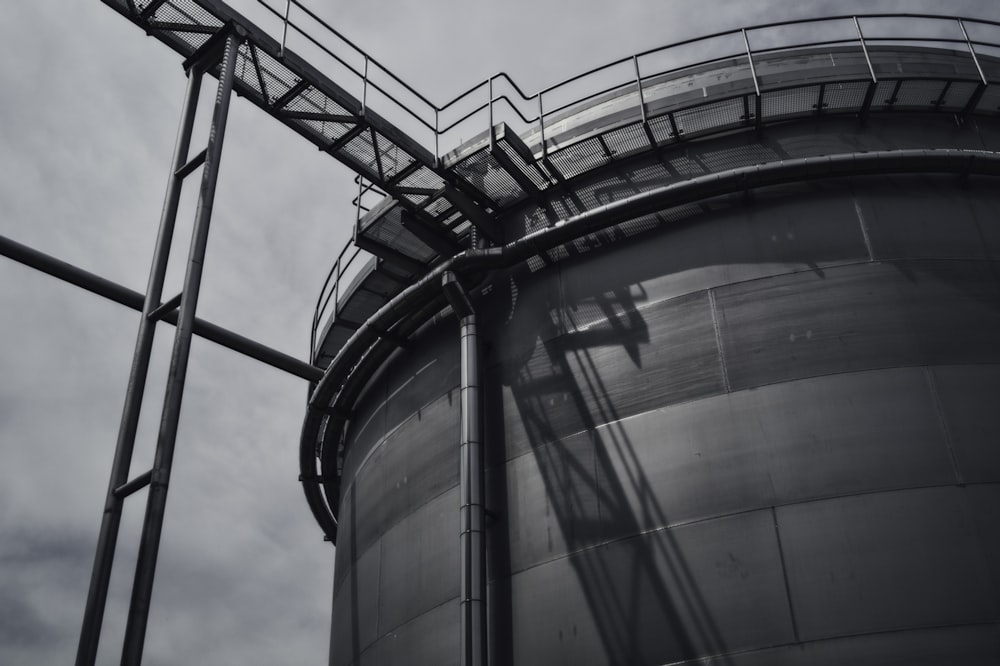
Shell’s New Approach to Work-Life Harmony
Shell’s Shift Towards a More Flexible Workplace
Shell, a global energy giant, is undergoing a significant transformation in its approach to work. For years, the company, like many others in the industry, operated under a traditional, office-based model. However, recent years have seen a marked shift towards a more flexible and employee-centric approach, recognizing the importance of work-life harmony for both employee well-being and overall business success. This new approach isn’t just about offering more flexible hours; it’s a fundamental reimagining of how work gets done and how employees engage with their roles.
Embracing Hybrid and Remote Work Models
A key component of Shell’s new strategy is the adoption of hybrid and remote work models. The company now actively encourages employees to work from home, the office, or a combination of both, depending on their individual needs and the nature of their work. This flexibility empowers employees to better manage their personal responsibilities, whether it’s childcare, eldercare, or pursuing personal interests. This move was accelerated by the pandemic but has been deliberately integrated into Shell’s long-term strategy, reflecting a belief that such flexibility improves productivity and morale.
Investing in Technology to Support Remote Work
To successfully implement its flexible work model, Shell has invested heavily in technology. This investment isn’t just about providing employees with laptops and internet access; it encompasses a wide range of tools designed to enhance collaboration and communication in a dispersed workforce. This includes robust video conferencing platforms, secure file-sharing systems, and project management software that enable seamless teamwork, regardless of location. The company understands that providing the right technological infrastructure is essential for maintaining productivity and preventing feelings of isolation among remote workers.
Prioritizing Employee Well-being and Mental Health
Recognizing the potential challenges of a flexible work model, Shell has also prioritized employee well-being and mental health. The company has implemented programs aimed at reducing stress, promoting work-life balance, and fostering a supportive work environment. This includes offering access to mental health resources, promoting healthy lifestyle choices, and encouraging employees to take breaks and disconnect from work outside of working hours. This commitment underscores Shell’s understanding that a healthy and happy workforce is a productive workforce.
Focus on Results and Outcomes, Not Just Hours Worked
The shift to a flexible work model at Shell is accompanied by a change in how performance is measured. The company is moving away from a focus on the number of hours worked and towards a focus on results and outcomes. This means that employees are judged on the quality of their work and their contributions to the company’s goals, rather than on the number of hours they spend at their desks. This trust-based approach empowers employees to manage their time effectively and to find the best way to work, promoting autonomy and job satisfaction.
Developing a Culture of Trust and Accountability
Underlying Shell’s new approach to work-life harmony is a fundamental shift in company culture. The company is actively cultivating a culture of trust and accountability, where employees are









